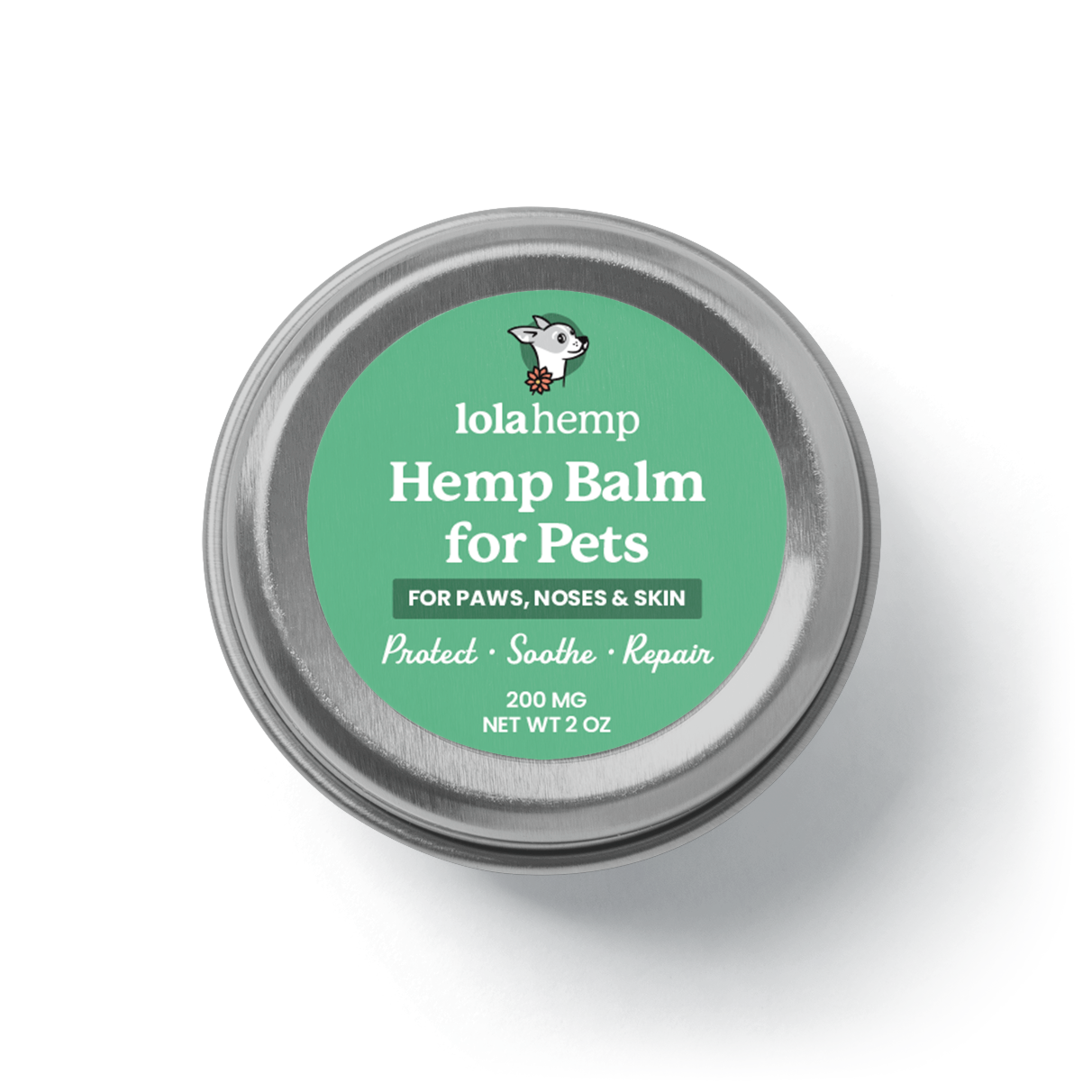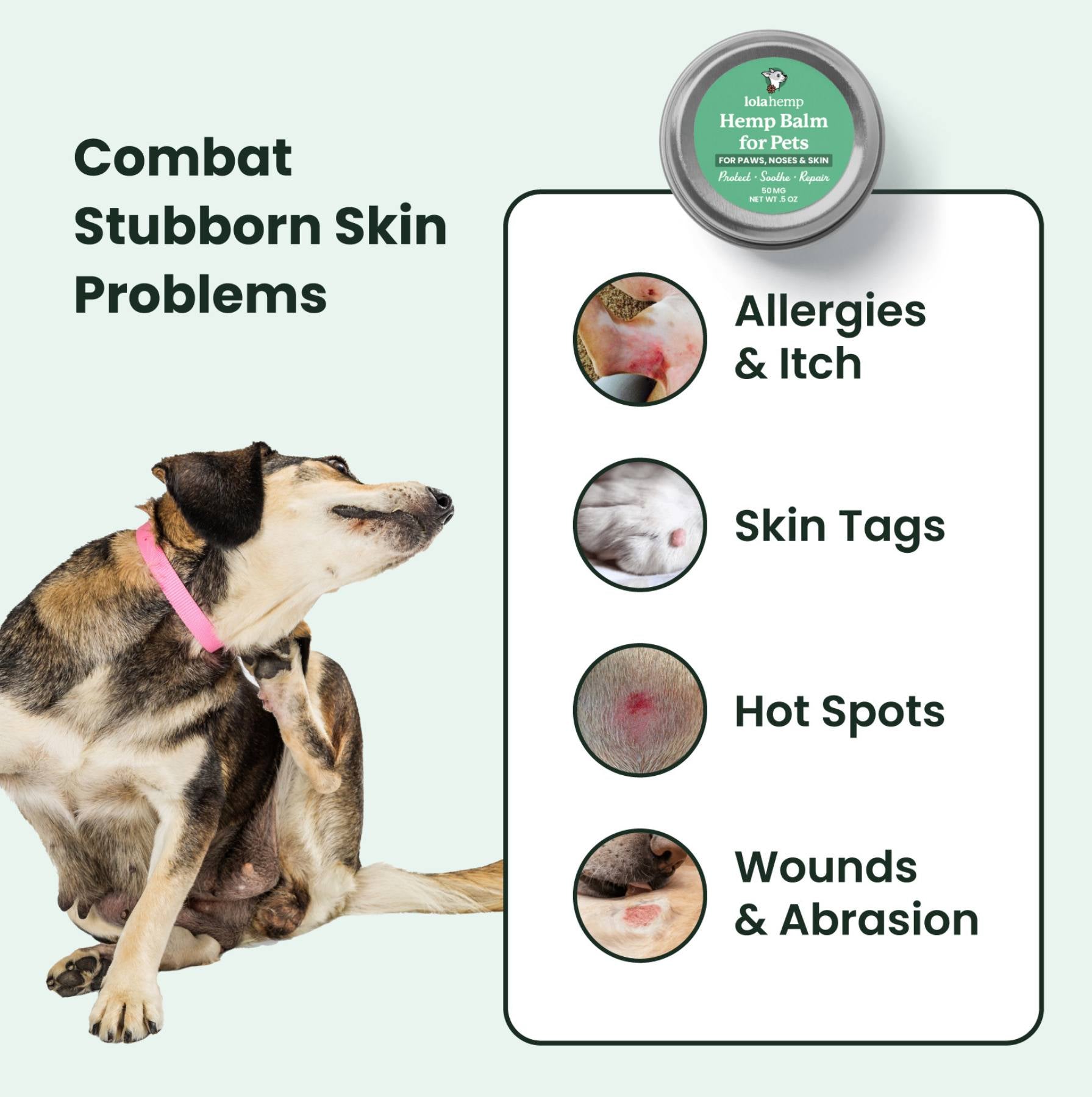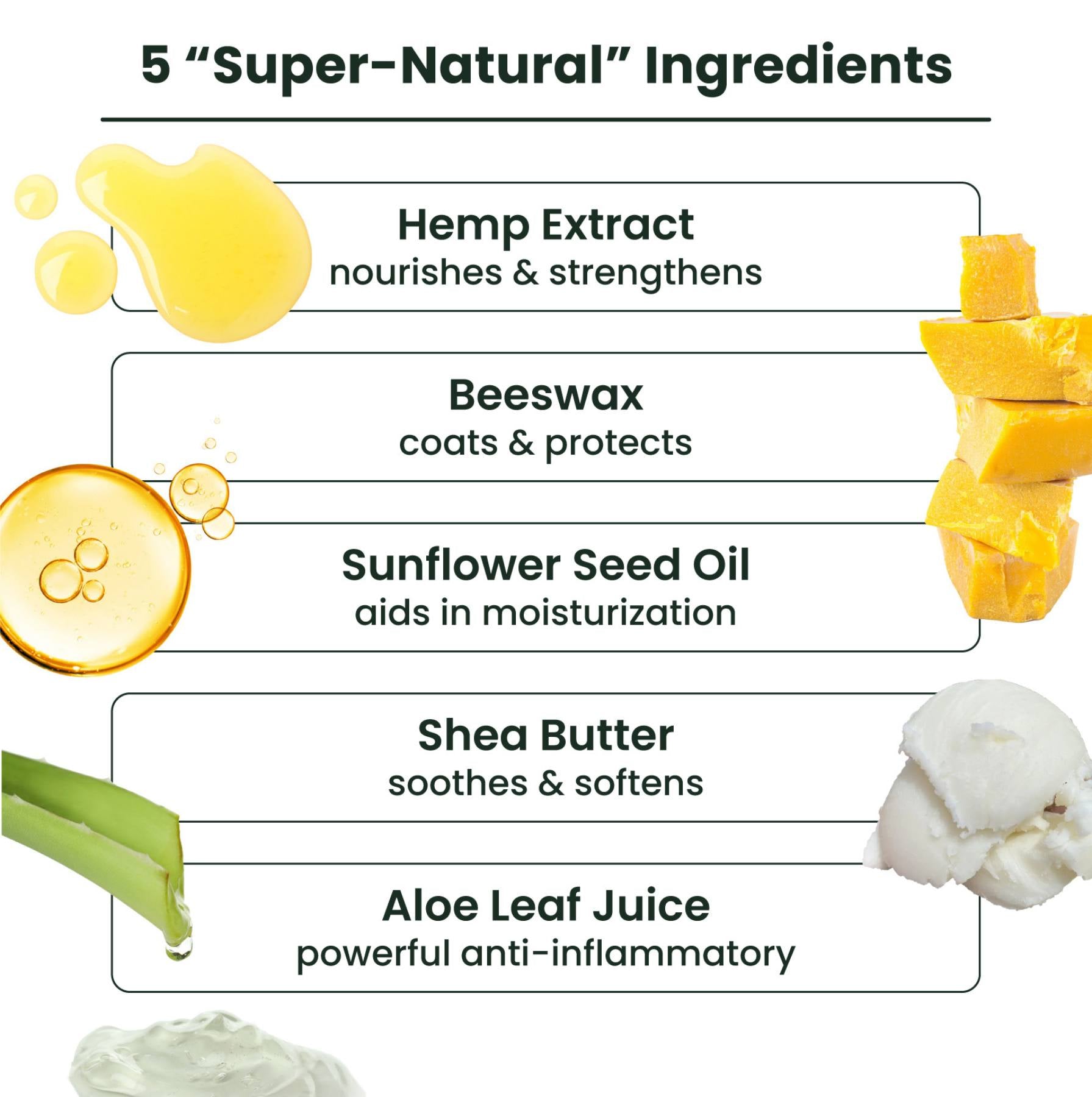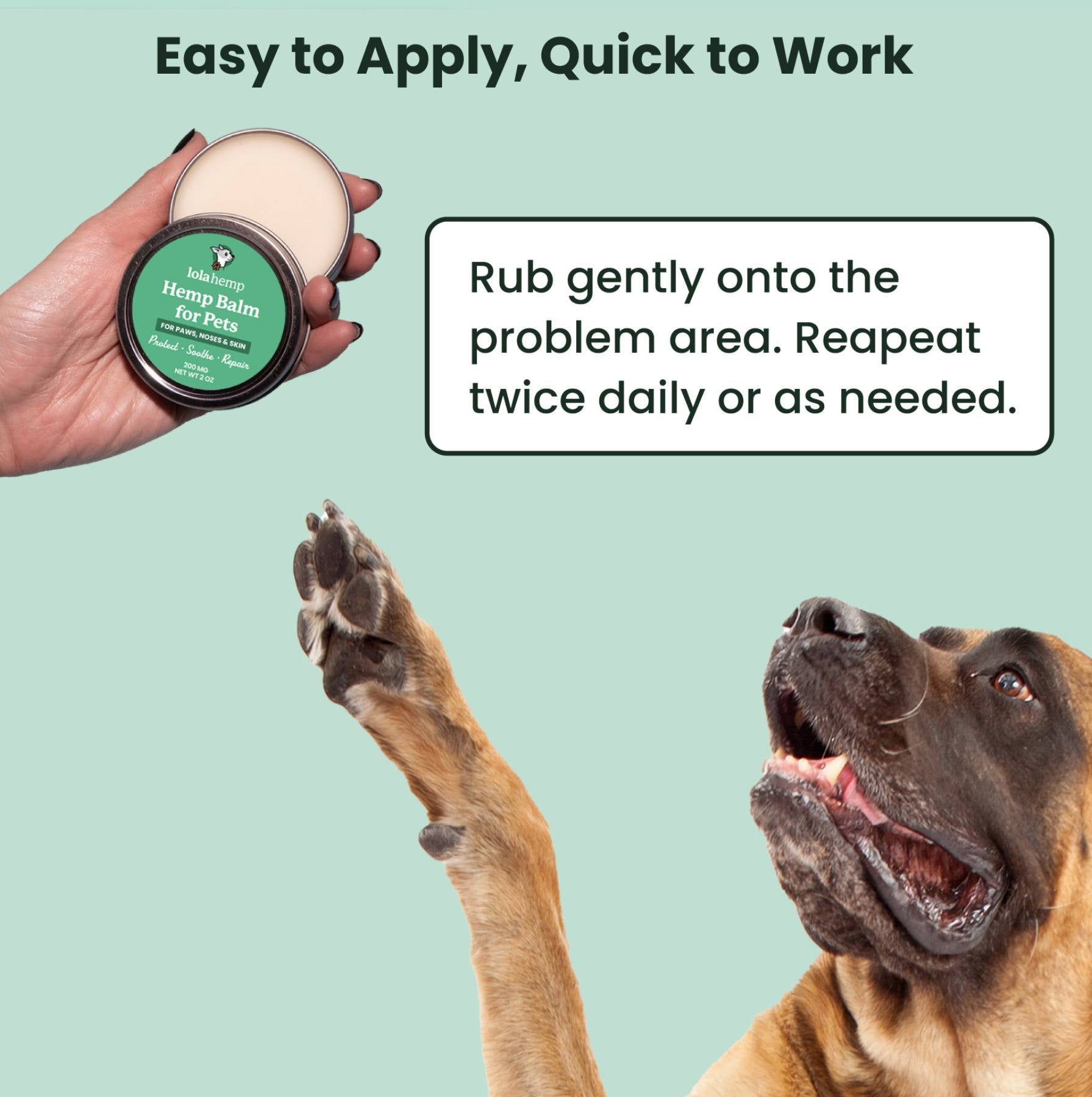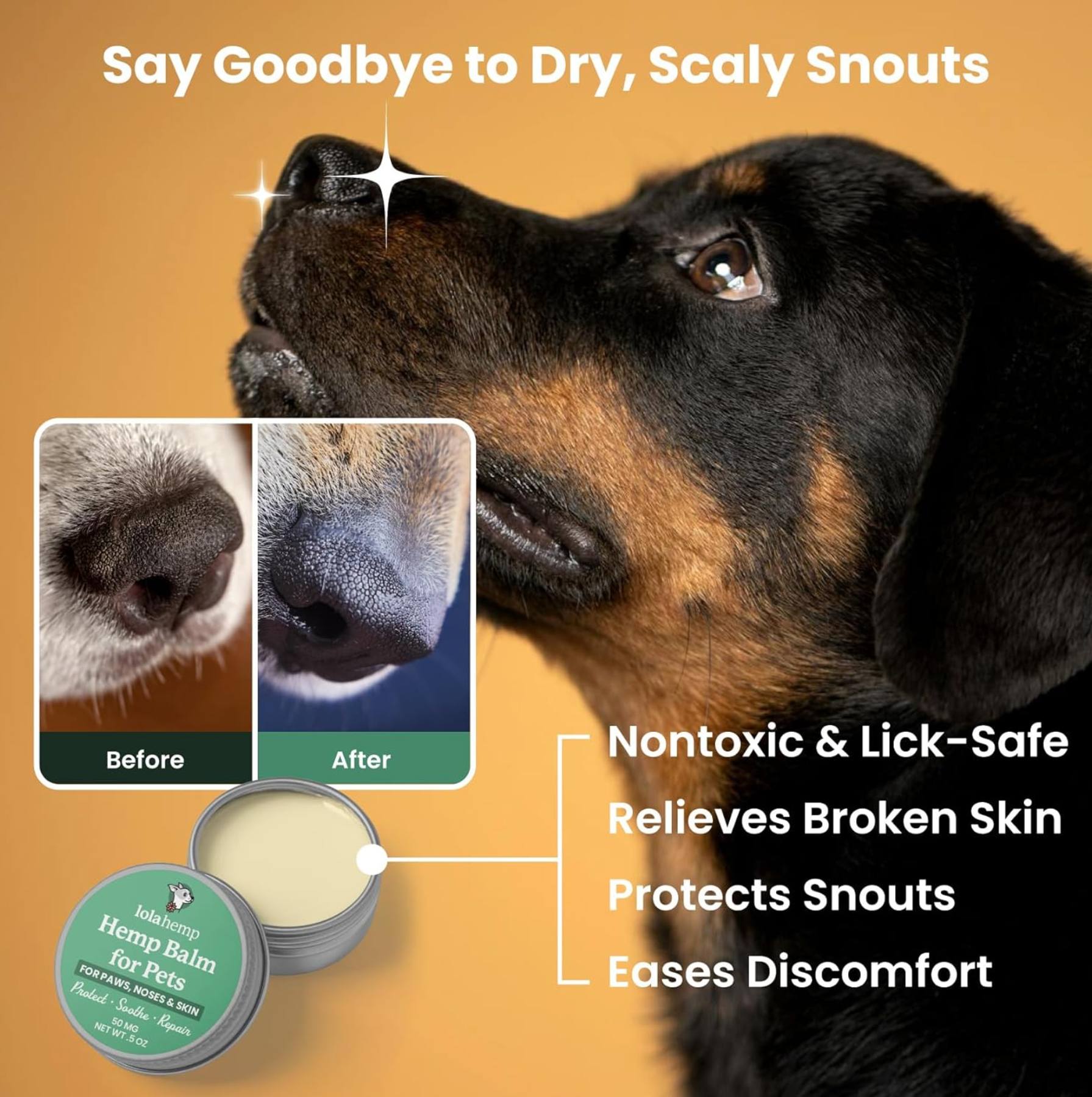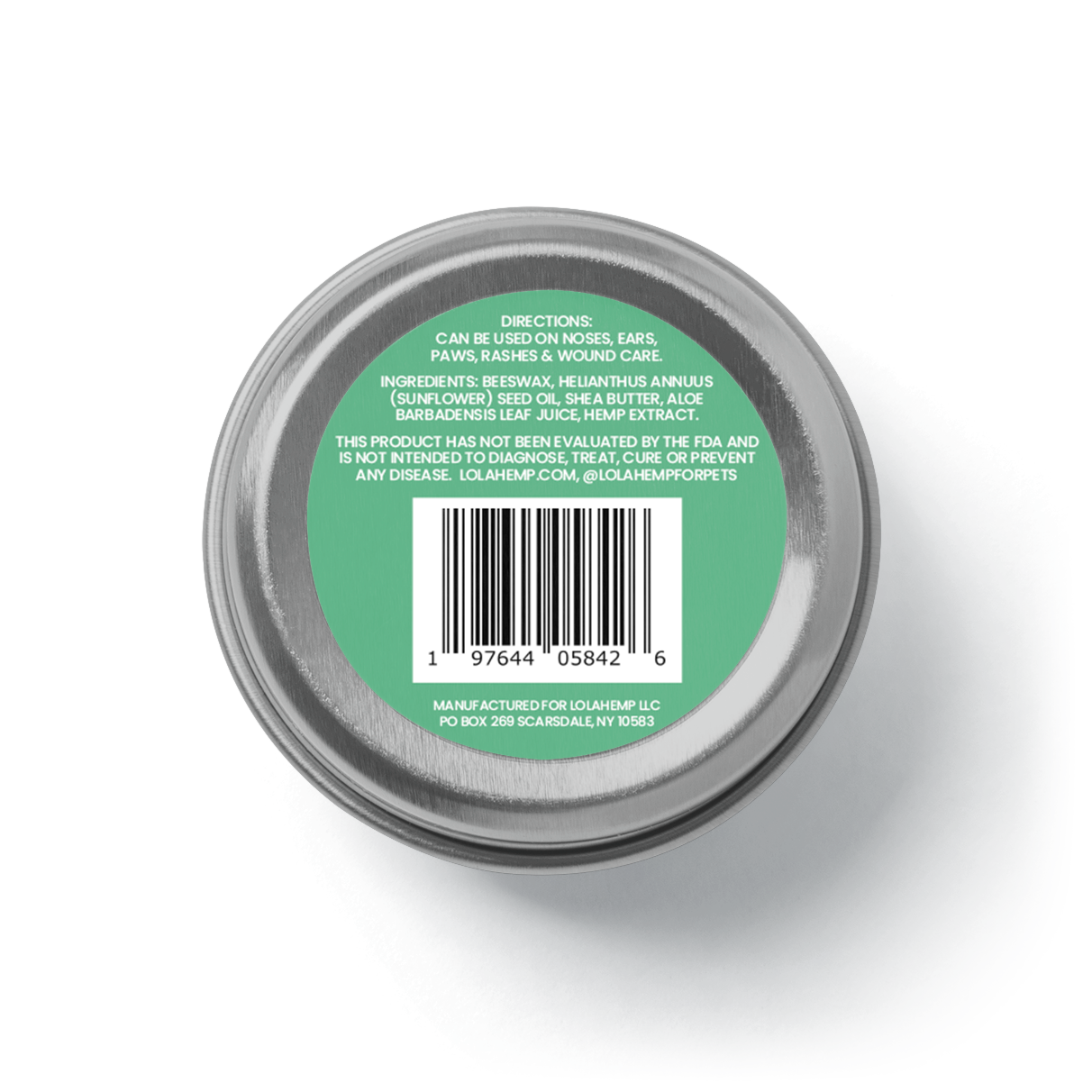The Bulldog is one of those dogs that’s hard to mistake—stocky, wide, a little slower than most, and full of personality. Despite a rough-and-tumble look, this breed is famously sweet, and pretty content just hanging out. While there are a few variations of Bulldogs, the one we’re talking about here is the original—just “Bulldog,” a member of the Non-Sporting Breed Group.
Bulldogs have a long, complicated history that stretches back hundreds of years in England, where they were originally bred for bull-baiting. That grim role is thankfully gone, and the modern Bulldog has softened into a devoted companion with almost zero interest in chasing anything, let alone bulls.
These dogs are known for their squished noses, wide-set shoulders, and that unmistakable waddle. While they’re not made for athletic feats or complex training tasks, they’re unbeatable when it comes to loyalty, patience, and couch-lounging.
The History of Bulldogs
As the name suggests, Bulldogs were originally bred in England for the sport of bull-baiting—a brutal activity where dogs were set on bulls for entertainment. Bulldogs needed to be incredibly strong, fearless, and able to lock on with a powerful jaw. Not the most heartwarming origin story, but that toughness is still there under all the snorts and snores.
When bull-baiting was outlawed in the 1800s, the breed was almost lost entirely. But rather than fading into history, the Bulldog was selectively bred for a gentler, friendlier temperament. That transition gave us the modern Bulldog—a dog that looks tough on the outside but has a heart made of pudding.

It didn’t take long for Bulldogs to become beloved companion animals, especially in cities. Their low energy and general chill demeanor made them a natural fit for smaller living spaces, and that reputation has stuck. Today, Bulldogs are often found on college campuses as mascots, on couches as loyal shadows, or occasionally dragging their feet on short walks around the block.
Bulldog Personality and Temperament
Bulldogs are famously laid-back. They’re not in a rush, they’re not particularly worried, and they’d much rather take a nap than chase a squirrel. That said, they’re still deeply bonded to their people and can be incredibly affectionate.
This is not a high-energy breed. While they do enjoy short play sessions and little bursts of zoomies, Bulldogs are built more for resting than running. They’re gentle with kids, typically get along with other pets, and aren’t known for barking much. Basically, they’re a solid choice for quieter households or people who aren’t looking for a high-maintenance dog when it comes to exercise.
That said, Bulldogs can be a little stubborn. They’re not trying to defy you—they just don’t see the point sometimes.
Common Health Issues in Bulldogs
All dogs face some health issues, but Bulldogs carry a few very specific ones thanks to their unique build. First and foremost is breathing. Bulldogs are brachycephalic, meaning they’ve got that short, flat snout that can make it tough to breathe—especially in heat or humidity. Snorting, snoring, wheezing—it’s all part of the Bulldog package and its typically nothing to be worried about unless it exceeds their normal symptoms.
They’re also prone to overheating, and shouldn’t be pushed too hard with exercise, especially when it's hot outdoors.
Bulldogs are also prone to hip & joint issues, ranging from hip dysplasia to arthritis. The small legs of Bulldogs can often struggle to hold up their big bodies if they're overweight. This puts additional strain on the joints, and it makes them vulnerable to injury if they jump off of high couches or beds, so be aware of these issues.
Skin fold issues are another one to watch. All those adorable wrinkles can trap moisture and bacteria, leading to irritation and infection. Regular cleaning and routine vet visits can help, but it’s something owners need to stay on top of.
If you notice excessive scratching in the folds, it could be a sign that your Bulldog is experiencing an infection or an allergy of some kind. Topical balms can soothe these symptoms in many cases, so it's wise to have one on hand.
Weight and Mobility
Bulldogs love to eat, and it shows. Without portion control and some level of movement each day, they can become overweight pretty easily. That, of course, puts more pressure on their joints and makes breathing even harder.
Managing weight is huge with Bulldogs—not just for comfort, but for their overall lifespan. A trim Bulldog is usually a much healthier Bulldog. That doesn’t mean they need to run marathons, just that moderate exercise and smart feeding routines go a long way.
It could be a good idea to do some food-motivated exercise, like the dog in the image below!

Grooming Needs
Bulldogs have short coats and don’t shed all that much, though you’ll still find hair around the house. A weekly brushing session helps manage loose fur and gives you a chance to check their skin and folds for irritation.
Baths aren’t needed super often, but wiping down their face and folds is a regular task. Keep ears clean, nails trimmed, and make sure their wrinkles stay dry. Bulldogs don’t need a professional groomer most of the time—you can handle most of it at home with a gentle routine.
The big thing is to watch the skin folds for bacterial infection, redness, or scratching. Bacterial infections can lead to secondary infections, and that's when things get risky for your dog's long-term health.
Is a Bulldog Right for You?
Bulldogs are a fantastic fit for the right household—especially if you’re into slow mornings, short walks, and big couch snuggles. They’re not built for hikes or agility courses, but they’re deeply loyal, patient, and oddly expressive in their own low-key way.
If you’re prepared for some vet bills, willing to help manage their weight, and happy to keep life a little slower paced, Bulldogs can be one of the most lovable breeds out there. They’ve got history, personality, and more heart than they often get credit for.

